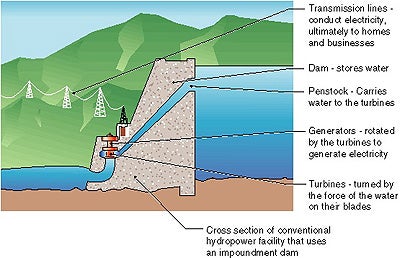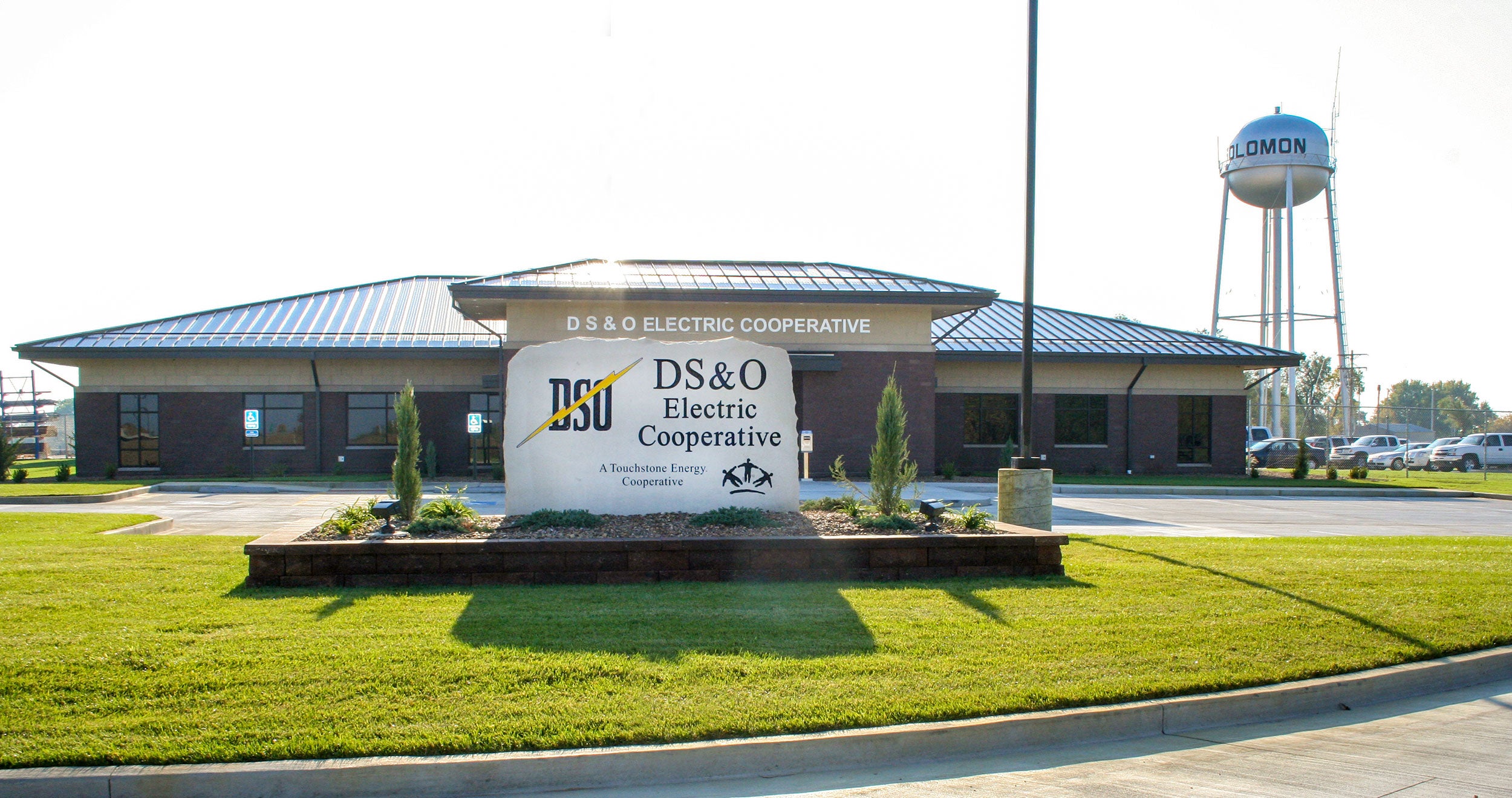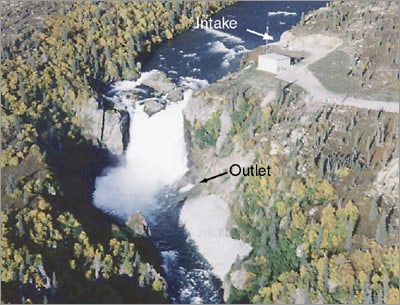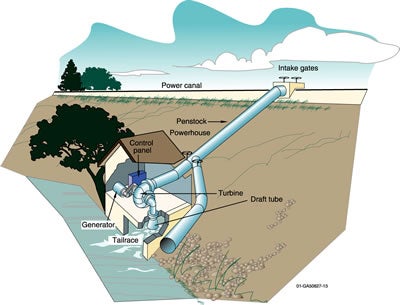DSO Electric Cooperative Inc. | 201 Dakota Drive | Solomon, KS 67480 | PO Box 286 | 1-800-376-3533
How hydropower works:
Hydropower is using water to power machinery or make electricity. Water constantly moves through a vast global cycle, evaporating from lakes and oceans, forming clouds, precipitating as rain or snow, then flowing back down to the ocean. The energy of this water cycle, which is driven by the sun, can be tapped to produce electricity or for mechanical tasks like grinding grain. Hydropower uses a fuel—water—that is not reduced or used up in the process. Because the water cycle is an endless, constantly recharging system, hydropower is considered a renewable energy.
The Water (Hydrologic) Cycle
When flowing water is captured and turned into electricity, it is called hydroelectric power or hydropower. There are several types of hydroelectric facilities; they are all powered by the kinetic energy of flowing water as it moves downstream. Turbines and generators convert the energy into electricity, which is then fed into the electrical grid to be used in homes, businesses, and by industry.




